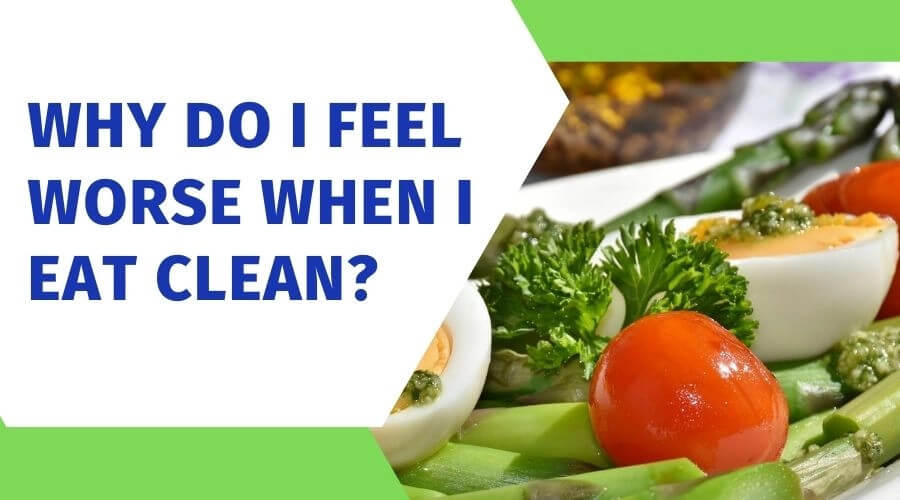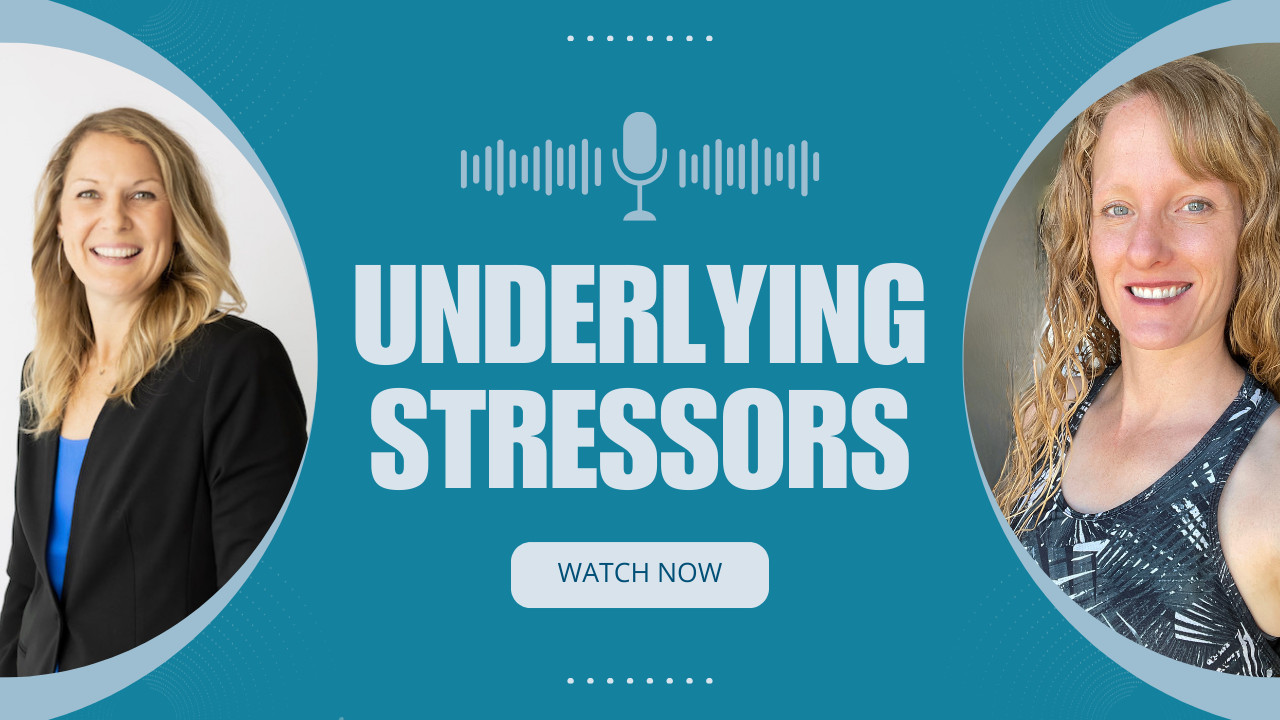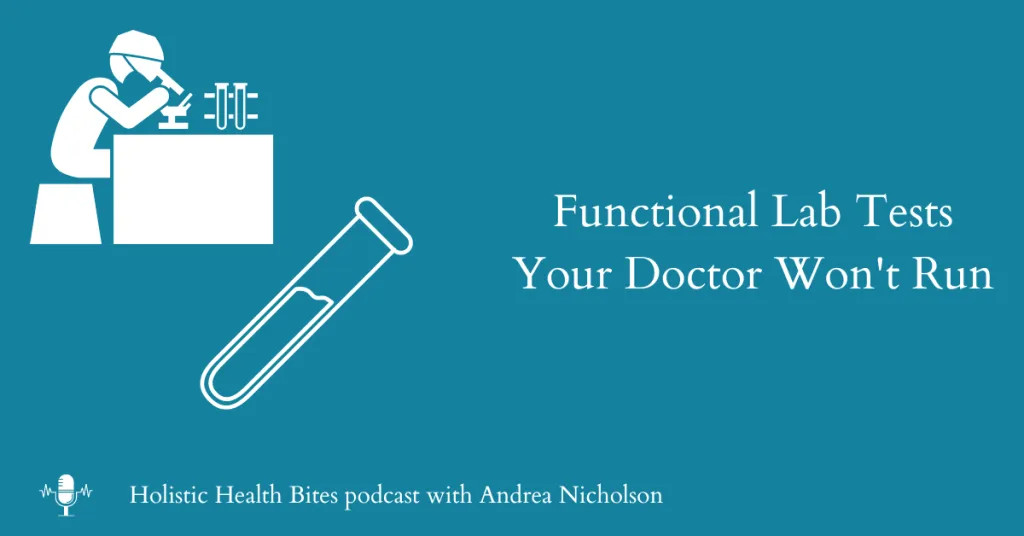
So you have made the decision to change your diet – eliminating junk food and focusing on healthier options and you expect that you will feel energized and filled with vitality…but you actually feel tired, gassy, moody and you have a headache.
What gives?
Three major reasons why you feel worse eating healthier.
It’s not uncommon to feel worse when you start eating healthier. It can be a tough transition, and it takes time for your body to adjust. Changing what you eat is one of the most effective ways to improve your health, mood, energy levels, and more. But sometimes these changes can leave you feeling worse before they make you better! In this blog post, we’ll explore six reasons why that might happen – and how to fight back against them so that eventually things will start looking up again!
As with any change in diet or lifestyle habits, it may take some time for your body’s systems to get used to the new routine. In addition, our bodies are smart enough to anticipate the nourishment we’re about to receive. When you consciously start eating healthier, your body may sense that there will be less junk food or processed foods, and it can react accordingly. As a result of this temporary adjustment period, some people experience headaches, fatigue, and other unpleasant symptoms.
You’ve cut out sugar
You may have heard this before, but it bears repeating: sugar is not your friend. Sugar can make you feel tired and irritable and has been linked to depression in some cases. It’s also addictive, so if you’re feeling the need for a sweet fix at every turn, chances are that you’ve developed an addiction to sugar. And quitting cold turkey is never easy-in fact, many people find themselves feeling worse when they give up sugar than before they started! What is the deal?
Sugar causes the brain to release dopamine – a happiness neurotransmitter. This is partly what makes it so addictive – we get hooked on that dopamine hit. When you abruptly remove all sugar or significantly cut it down, you can experience tremendous cravings and withdrawal. Add to that the fact that your brain has been used to all of this sugar for so long, and now it has no more sugar…you can understand why you might feel worse when you stop eating sugar!
When you eat a lot of sugar, you train your body to need more and more just to function normally or to feel good. Cutting sugar out of your diet completely will take a while, and in the meantime, you’ll feel annoyed and even depressed because your body craves more. This is your brain trying to get you addicted to sugar again! When all that sugar leaves your body it can cause cravings for more if you haven’t found other ways to feed that addiction.
Another challenge when cutting sugar is blood sugar management. When your body is used to consuming high levels of sugar that it is no longer getting, you can experience low blood sugars (hypoglycemia). These episodes will cause your body to release stored sugar into the bloodstream to keep the levels elevated. But remember, having both high and low blood sugars are problematic. The constant swings – whether from sugar consumption or hypo/hyperglycemia cycles – are damaging to the blood vessels and the entire body. If you experience hypoglycemia symptoms (such as weakness, headache, and dizziness), especially when you don’t eat for a period of time, you may need to gradually step down your sugar/carbohydrate consumption to give your body an adjustment period.
You cut out caffeine
You may feel better when you give up caffeine, but the withdrawal symptoms can be difficult to deal with and may make you want that next cup of coffee. Caffeine is a stimulant and has a number of effects on the central nervous system: it speeds up your heart rate and increases blood flow and brain activity, all in order to temporarily increase alertness. When you stop drinking caffeine, your body does everything in its power to get back to that alert state – which can lead to sleepiness or fatigue as it tries to adjust.
If you rely on coffee to get through your day, it takes a few days for the body to adjust to caffeine withdrawal, although some people may feel the effects for weeks or longer. During the transition time, you may experience withdrawal symptoms such as headaches, fatigue, depression, irritability, difficulty concentrating, and drowsiness.
If you only drink caffeine occasionally, your symptoms may disappear within a few days to a week after you stop drinking it, but if you consume large amounts of caffeine regularly, be aware that it can take longer to adjust and your symptoms may be worse.
You transitioned to a Plant-based, Vegetarian or Vegan diet
Many people who transition to a plant-based diet experience headaches, fatigue, depression, and irritability. This is likely due to a couple of different factors in a plant-centric diet.
Number 1, you may be missing out on some key nutrients like vitamin B12, vitamin D, iron, some amino acids, and essential fatty acids. These key nutrients are needed for energy production, cellular and tissue building, healthy brain function, and more.
Number 2, you may not be eating enough total food, enough protein, or enough healthy fats. A plant-centered diet is generally higher in carbohydrates since the bulk of plants are carbohydrates. Sure, you can get sufficient protein and fat from only eating plant foods, but it takes some concentration on the selections. Even still, the most common whole food plant-based proteins are generally still pretty high carbohydrate (beans, grains). Not consuming enough protein, fat or total food can leave you feeling tired, weak, and cranky.
Other reasons why you may feel worse when eating healthier
- Poor gut health can cause bloating, GERD, stomach upset, diarrhea, constipation, and other digestive distress symptoms. If your microbiome (microbial population in and on your body) isn’t in proper alignment, you may struggle to digest healthier foods, especially fiber. A gut healing protocol may be necessary to help you more efficiently breakdown foods and absorb nutrients.
- Eating a diet of highly refined and processed foods doesn’t require as much digesting for your body because the refinement process removes some components of the food. This can make your body less efficient at producing adequate amounts of digestive enzymes, stomach acid, and other cofactors needed for proper digestion. A gut healing protocol or dietary supplementation may be necessary to help your body properly digest foods and absorb nutrients.
- If you’ve reduced your carbohydrate intake, you may have gone too far! The standard American diet includes 250-350g of carbohydrates per day – WAY too many! However, eliminating all carbohydrates is not necessary or advised! While there are no essential carbohydrates, we do have some cells in our bodies that need glucose to function. This glucose can come directly from the food or can be released from stored glycogen. Many people find that they just don’t function well if they cut their carbohydrates too far. My recommendation is to keep your carbohydrate intake to between 20g and 100g per day and make them whole foods (not refined grains).
Don’t give up on healthy eating
It’s challenging to make the switch from unhealthy habits to healthy ones, and it can be even more difficult if you’re feeling worse when starting your new diet. In this post, I’ve addressed three major reasons why you may be feeling worse when you make this transition.
There is an easier way to transition to a healthy lifestyle while minimizing the symptoms and drawbacks. Schedule a meet and greet call today to learn more.





















0 Comments